In an editorial this week in the ProJo, Janet Coit and Marion Gold come to the rescue of embattled Governor Gina Raimondo. Janet Coit is Director of Rhode Island’s Department of Environmental Management and Marion Gold is Commissioner of the Rhode Island Office of Energy Resources. Both serve at the pleasure of the governor and whatever strengths, independence is not one of them.
Governor Raimondo has troubling connections to Wall Street going back to her days as Rhode Island treasurer. Here are just two of a recent flurry of publications questioning the pension fund reforms that she pushed through in those days:
- R.I. pension fund sharply lags expectations again
- Follow the money on Raimondo pension scheme: the local sponsors
One of Governor Raimondo’s key supporters is John Arnold, a former Enron trader who went on to found a profitable hedge fund.
The irony of the Coit-Gold ProJo editorial is that it’s based on Enron-style accounting, used in this case to hyper-inflate Governor Raimondo’s “visionary” contributions to the climate change battle.
In their editorial Coit and Gold mention that RI ranks number four on the State Energy Efficiency Scorecard put out by ACEEE. You do not have to know how this ranking is produced to understand that it is pure bunk. Just look at what the Energy Information Adminstration web site has to say about Rhode Island:
- Natural gas fueled 95% of Rhode Island’s net electricity generation in 2014.
- Rhode Island is the second-lowest emitter of carbon dioxide among all states. Like the lowest emitter, Vermont, Rhode Island does not have any coal-fired electricity generation.
Natural gas is mostly methane. It is a greenhouse gas that is about 100 times as potent as CO2. Methane is burned and escapes unburnt to generate Rhode Island electricity, but we put all of those climate threatening emissions on our neighbors’ tabs.
There is more about the ACEEE rating of Rhode Island as fourth in the nation that is disconcerting. Scan the ACEEE web site and you quickly discover that they mention EPA’s Clean Power Plan again and again. There are some minor problems with this plan:
Obama’s “Clean Power Plan” is a huge gift to the methane (“Clean Energy”) industry — we’ll show you how in a minute. And guess who’s big in methane? Big oil, of course […]
The plan fits perfectly with Obama’s general practice of saying one thing and doing the opposite.
Director Coit is one of the members of the Energy Facility Siting Board that is currently deliberating the fate of the new fracked-gas power plant with the Orwellian name Clear River Energy Center, Invenergy’s plan to sacrifice Burrillville to unfettered greed.
Coit is publicly on record with her support of methane:
With her so-called pragmatism, doesn’t Director Coit not sound remarkably like House Speaker Mattiello?
In the Coit-Gold editorial there is not a word about Clear River, nor about the natural gas that already produces 95% of RI’s electrical power. There is no mention that Governor Gina Ms Wall Street Raimondo is on record supporting fracked gas. That silence must be “because there is a fire wall,” as Director Coit said in the preliminary hearing of the siting board last week. How convenient!
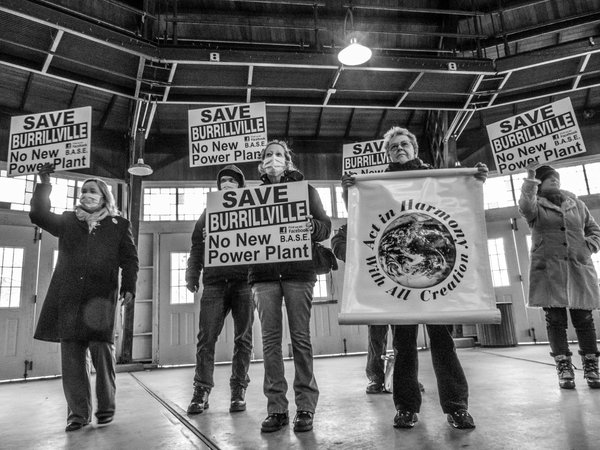
As the Clear River theater of the siting board progresses, we might hear about the CO2 emissions the power plant will produce in Rhode Island. What we will not hear from the Governor and her allies on the board is to whom we will charge the fugitive methane. Most of that escapes at the wellheads in Pennsylvania and along the pipelines and from the compressor stations. Nor will we hear about the suffering it causes to the people on the frontlines in Burrillville and across the globe. None of that, but we’ll follow the statutes, because we are a nation of laws.
Indeed, all of the Enron-style accounting is perfectly legal, but, dear reader, you surely do not believe any more than I do, that Mother Nature is impressed.
There is yet another accounting trick buried in the Coit-Gold editorial: the Zero-Emission Vehicle Action Plan. True, we need electric cars and they have no tail pipes that emits CO2. Still, the electric energy such cars use has to be generated somewhere. If it comes from renewables we win; if we generate it with fracked gas, we loose. The latter is of course exactly what will happen if we let Invenergy build the Clear River Energy Center.
We are constructing a 30 megawatt wind farm off Block Island and are talking about a frack-gas facility with 30 times that capacity in Burrillville. Accounting gimmicks devoid of physics may fool the people, the editor of the the ProJo and our hapless leaders, but none of that will change the laws of nature.
Update after the original post: Senator Sheldon Whitehouse from National Grid has finally made up his mind and now supports the Clear River Energy Center. He uses his same old arguments about choke points and price spikes. That was none of that last winter is but an irrelevant detail: As New England freezes, natural gas stays cheap.


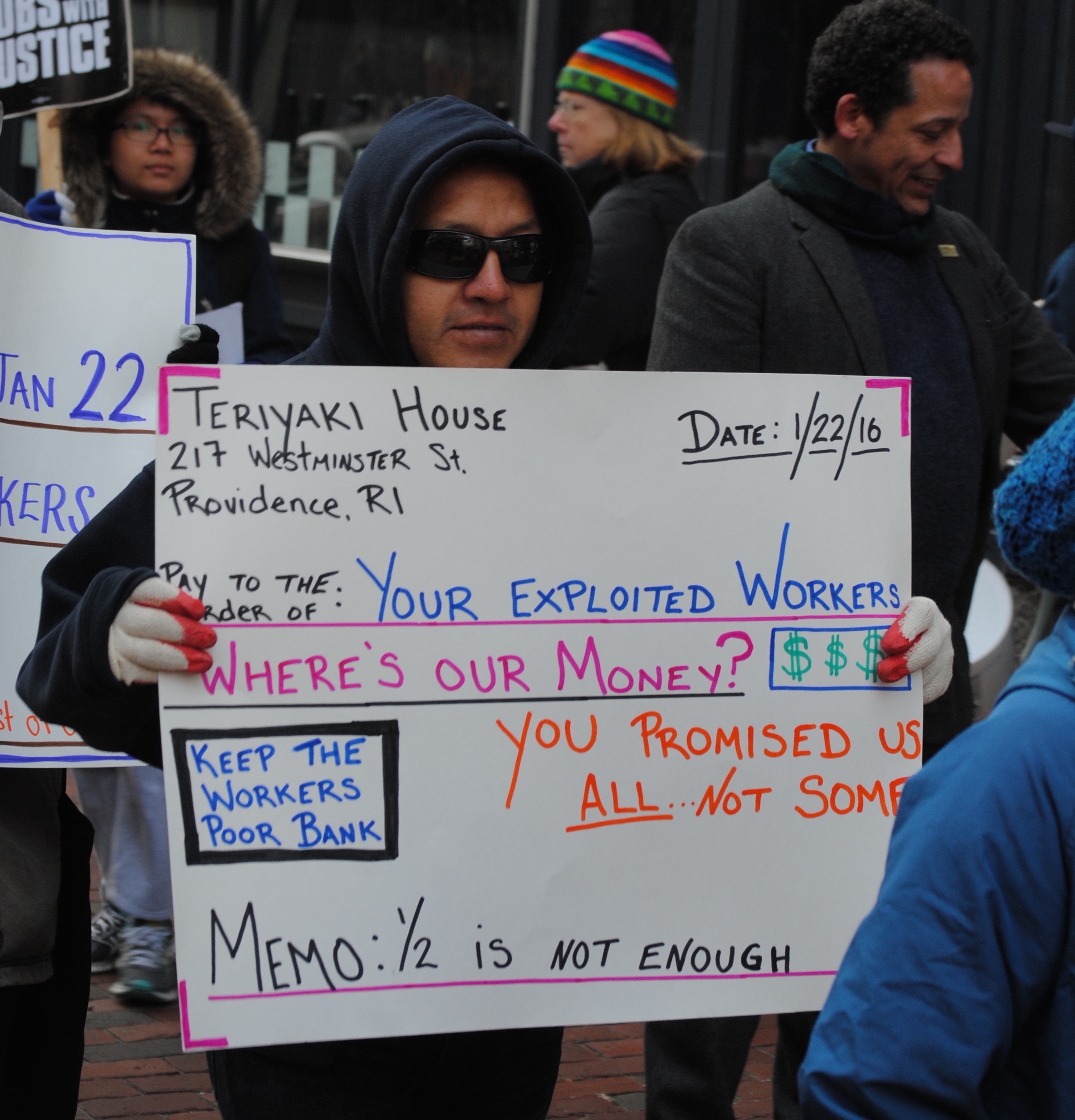

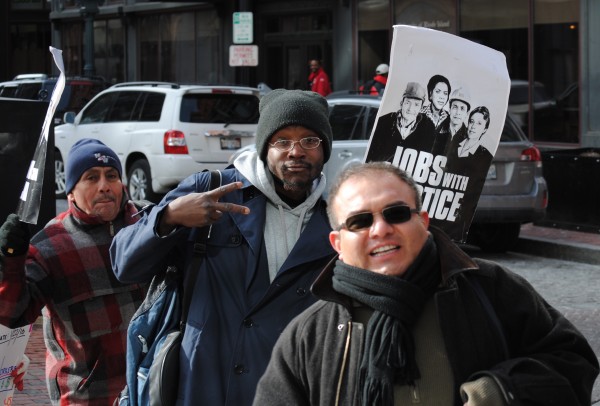

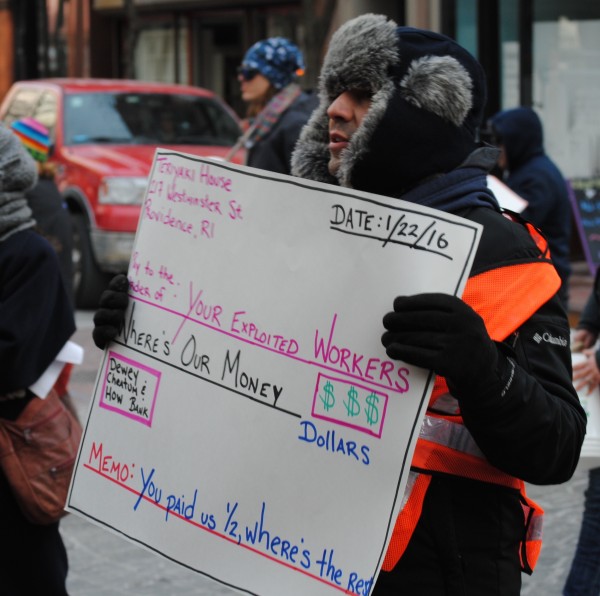
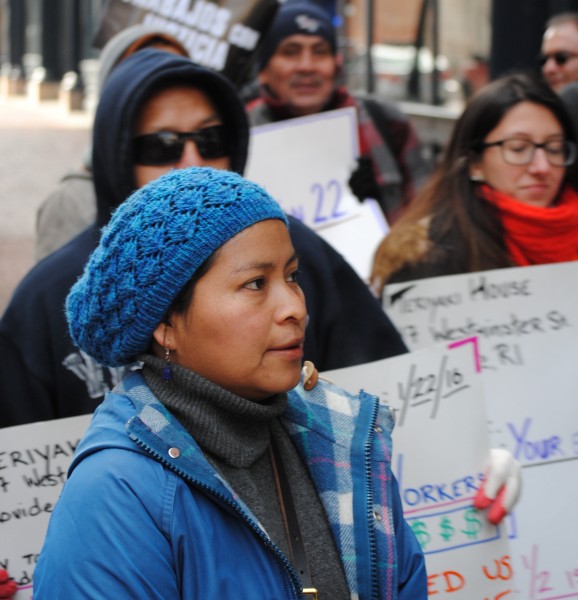
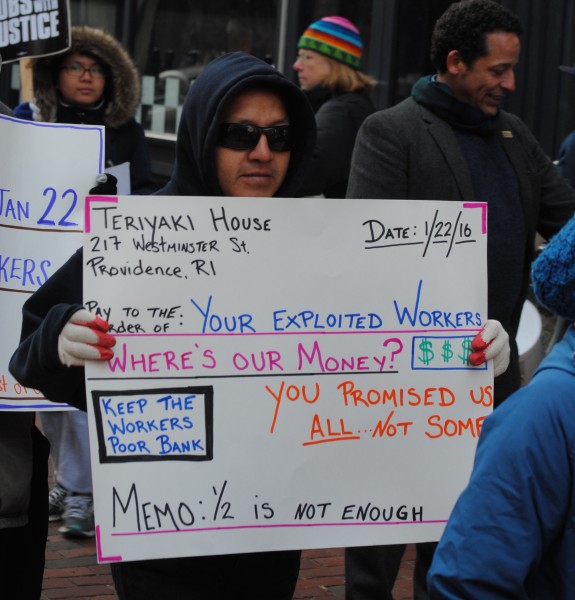
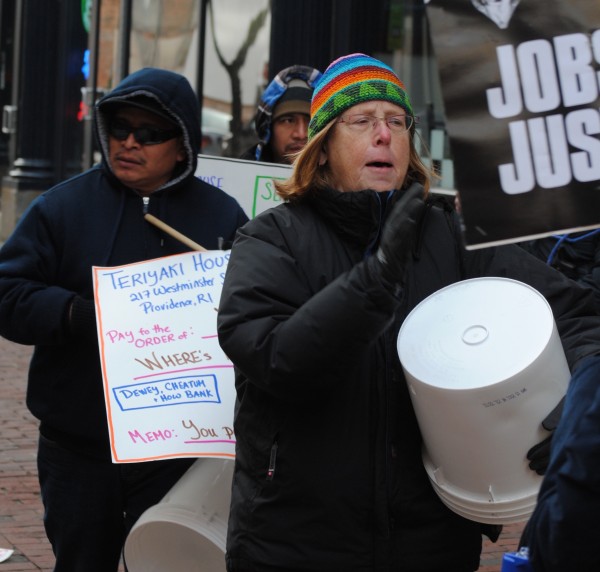
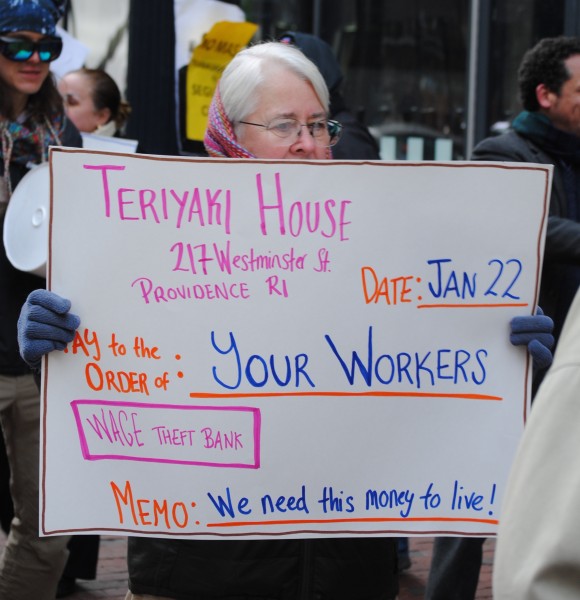


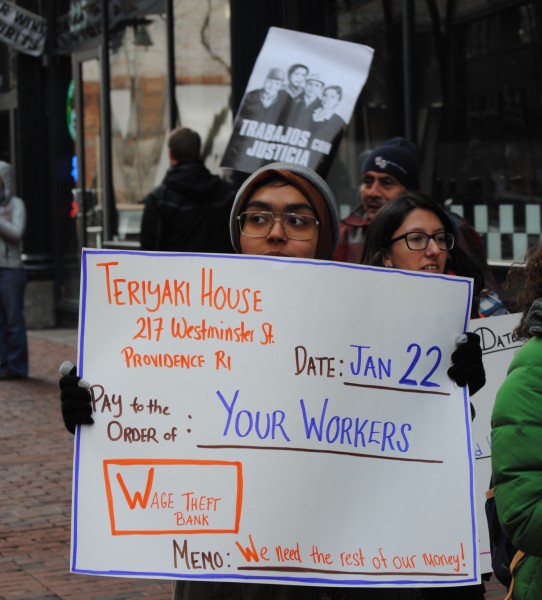
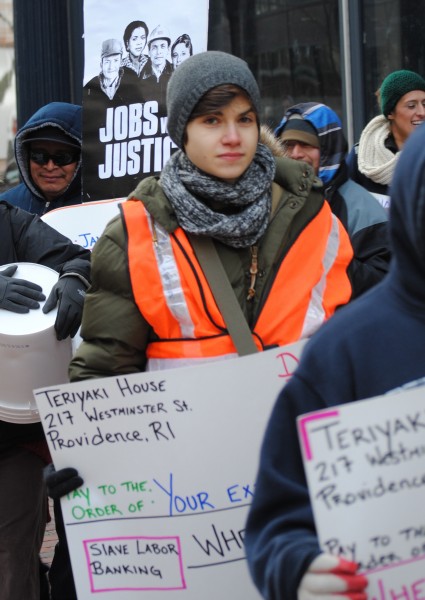
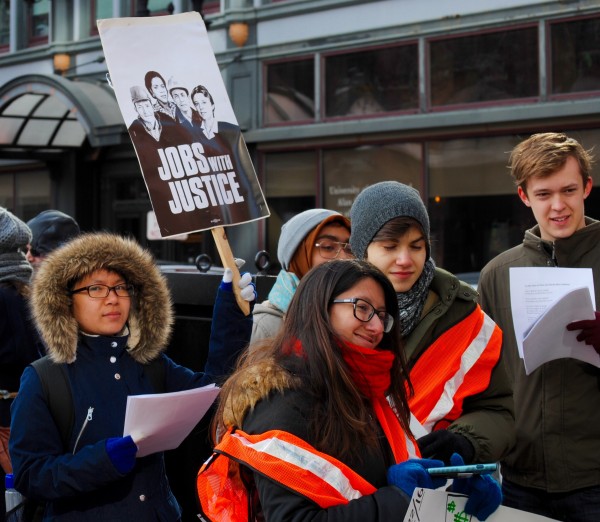
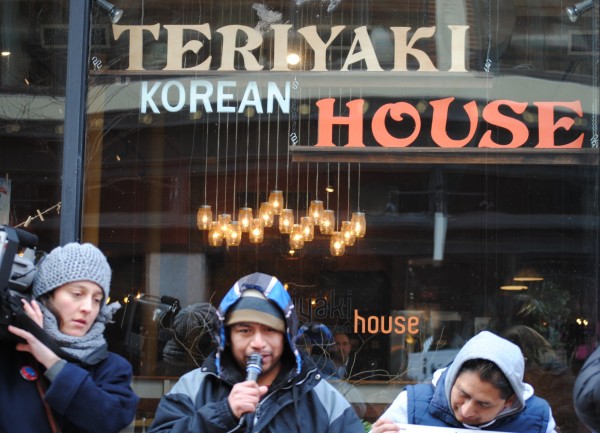






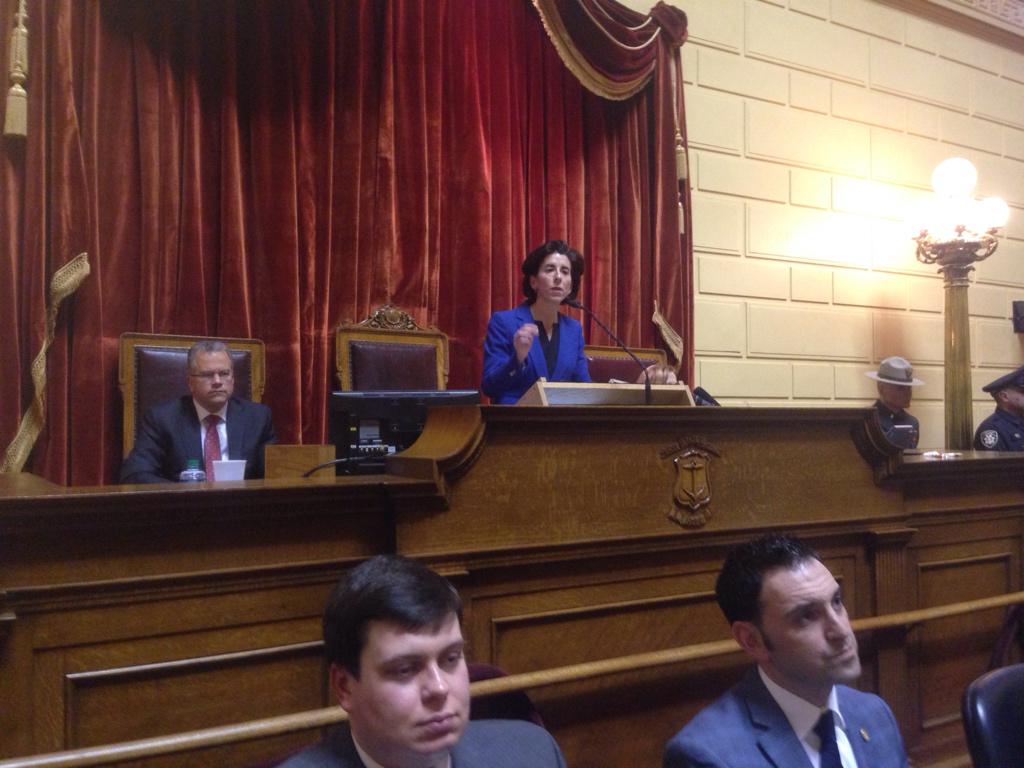

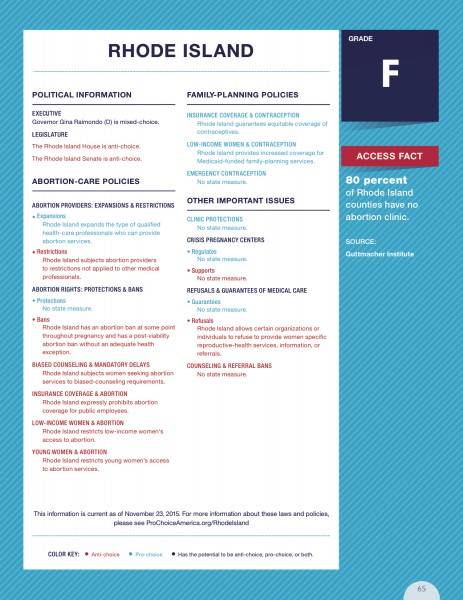

 Last year, when Speaker Nicholas Mattiello brought the legislative season to an abrupt end, he said that the bills that did not come to the floor were “not very consequential” and “just not as important” as the legislation he had dealt with and passed. Among the bills that Mattiello deemed inconsequential and unimportant were
Last year, when Speaker Nicholas Mattiello brought the legislative season to an abrupt end, he said that the bills that did not come to the floor were “not very consequential” and “just not as important” as the legislation he had dealt with and passed. Among the bills that Mattiello deemed inconsequential and unimportant were